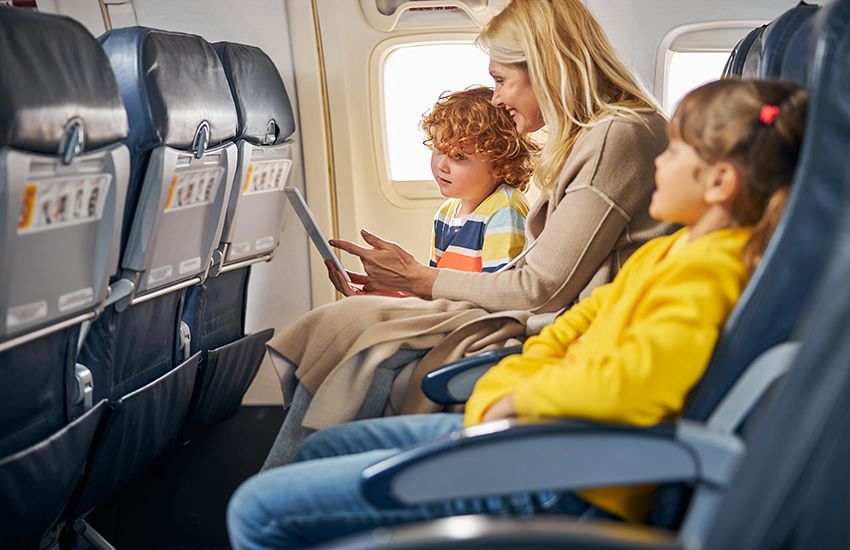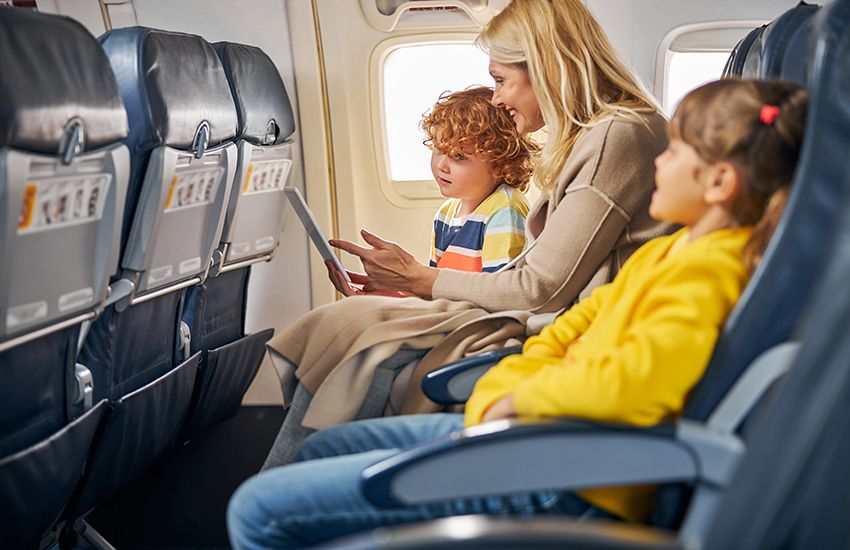Traveling to a new place involves more than just booking flights and packing bags. It also means entering someone else’s home, culture, and way of life. Understanding and practicing travel etiquette the customs, manners, and respectful behaviors expected in different regions is a key part of responsible and meaningful travel. Whether you’re heading to Japan, the UAE, France, or India, cultural expectations vary significantly, and being aware of them can make your experience smoother, safer, and more enjoyable.
Respecting local customs is not just polite; it often reflects a traveler’s awareness and appreciation for diversity. As more people travel across continents and interact with different cultures, the ability to adapt to various social expectations becomes essential.

Key reasons travel etiquette is important:
-
Cultural Respect: Proper etiquette helps avoid unintentionally offending locals.
-
Legal Compliance: Some behaviors, like public displays of affection or dress codes, may be regulated.
-
Enhanced Experience: Locals are more likely to engage positively when travelers show respect.
-
Travel Safety: Knowing what is acceptable reduces the risk of conflict or penalties.
For example, dressing conservatively in religious or traditional areas is not just about fashion it's often about safety and cultural appropriateness.
Recent Travel Etiquette Trends and Updates
As international travel rebounded post-2022, new trends and expectations emerged related to traveler behavior and responsibility. Here's what’s new or evolving:
| Trend/Change | Description | Region/Impact |
|---|---|---|
| Post-COVID Hygiene Norms | Masks, sanitizers, and distancing still expected in many areas | Asia, some parts of Europe |
| Sustainable Travel Focus | Travelers are expected to reduce waste and support local businesses | Global |
| Digital Etiquette in Shared Spaces | Quiet zones in transport hubs now include limits on phone/video use | Europe, Japan |
| Geo-fencing and Drone Regulations | Using drones without permits can result in fines | India, Italy, national parks worldwide |
| Customs Around Social Media | Posting locals without consent is frowned upon or banned | UAE, Morocco, Bhutan |
Cultural Etiquette Laws and Policies
Each country or region has unique norms backed by legal or traditional frameworks. While not every faux pas results in penalties, some do. Here’s a quick overview:
| Country | Notable Law or Policy | Behavior to Avoid |
|---|---|---|
| Japan | Strict rules on noise in public transport | Talking loudly or making calls on trains |
| UAE | Public decency laws and modesty requirements | Kissing or hugging in public |
| Singapore | Littering and chewing gum regulations | Spitting or disposing of gum improperly |
| India | Cultural respect toward elders and religious symbols | Wearing shoes in temples or taking photos without permission |
| France | Language appreciation | Failing to greet with “Bonjour” before speaking |
Helpful Tools and Resources
Planning for respectful travel is easier than ever thanks to a variety of tools and apps designed to inform and guide travelers.
Cultural Etiquette Apps & Guides:
-
Culture Crossing: A community-built platform offering etiquette guides by country.
-
Travelfish: Southeast Asia-focused cultural and travel info.
-
TripWhisper (2023): New app that gives country-specific tips on gestures, dining, and greetings.
Language and Communication:
-
Google Translate: Helps bridge communication gaps offline use is handy in remote areas.
-
Duolingo or Drops: Learn essential words and phrases in local languages.
Dress Code and Custom Check:
-
Modestapp: A travel-specific app to guide on region-appropriate dressing.
-
Smart Traveler (US State Dept): Updates on laws and cultural expectations abroad.
Travel Forums:
-
Reddit (r/travel & r/solotravel): Ask real travelers for tips.
-
TripAdvisor Forums: Destination-specific etiquette questions.
Using these tools can help reduce surprises and increase traveler confidence.
Travel Etiquette FAQs
Q1. Is tipping considered rude in some countries?
Yes. In Japan and South Korea, tipping is not customary and may even be considered disrespectful. Instead, excellent service is simply expected as part of professionalism. However, tipping is expected in the US and parts of Europe.
Q2. Can I wear shorts and tank tops everywhere?
No. In many parts of the Middle East, religious sites in Europe, and rural regions of Asia, such clothing is seen as inappropriate. Always check local dress guidelines or opt for layered clothing.
Q3. Is it okay to take photos of people in other countries?
Not without permission. In some cultures, especially in parts of Africa or Asia, photographing people especially women or children without asking is disrespectful or even prohibited.
Q4. What is considered rude dining behavior abroad?
It varies:
-
Slurping in Japan is a sign of appreciation.
-
In the Middle East, eating with the left hand is frowned upon.
-
In Italy, asking for parmesan on seafood may be seen as odd.
Q5. Do I need to know the language to travel respectfully?
No, but learning basic phrases like “thank you,” “hello,” and “excuse me” in the local language shows respect and effort. Locals usually appreciate even small attempts.
Summary Table: Etiquette Highlights by Region
| Region | Must-Do | Avoid |
|---|---|---|
| East Asia | Bow when greeting | Public affection |
| Middle East | Dress conservatively | Left-hand interactions |
| Europe | Greet formally | Loud conversations |
| Africa | Ask before taking photos | Touching sacred objects |
| Latin America | Learn local greetings | Talking politics casually |
Final Thoughts
Understanding travel etiquette is about being open, observant, and willing to adapt. It’s less about memorizing rules and more about adopting a mindset of respect. As the world becomes more connected, travelers who engage with humility and awareness become better ambassadors of cross-cultural understanding. Whether it’s small acts like taking off your shoes before entering a home, or big gestures like supporting local traditions, each effort counts.
Before you board your next flight, take a moment to learn about your destination’s etiquette. It’s a small investment that can lead to more meaningful, respectful, and memorable experiences.

